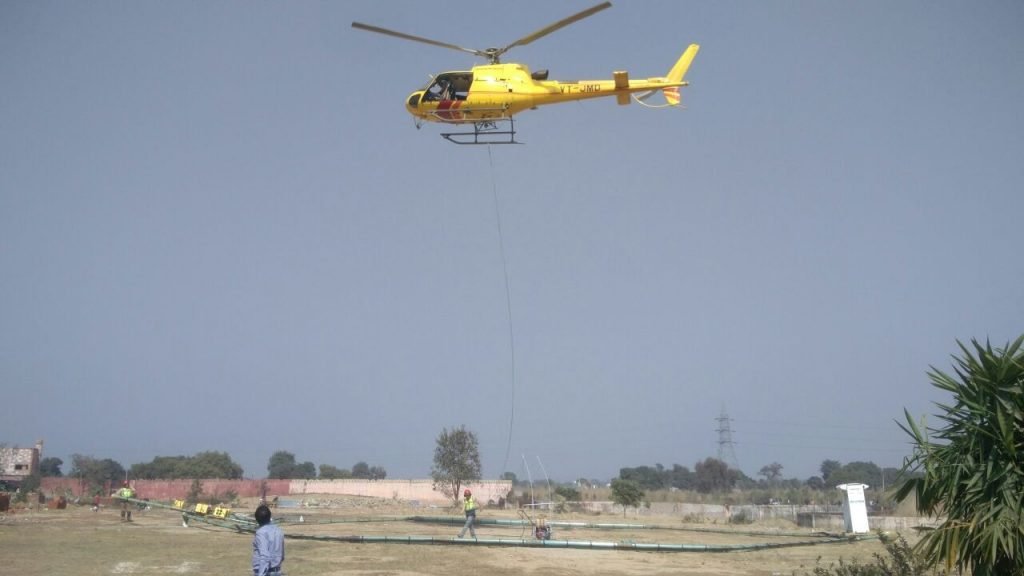I don’t often write about mythology. It’s today’s stories that engage me. Yet I found myself suddenly drawn to an ancient story. What drew me in was how relevant the questions it raises are today. Especially today.
One of the stories around why the River Saraswati is subterranean goes like this: Brahma gave birth to Saraswati from his forehead. As she leapt out, he was so taken up by her beauty that he “fell in love” and started to pursue her. Horrified at the advances of her father, Saraswati fled and disappeared underground. She may or may not have made a brief appearance, there are different versions of that story. But all versions agree she had to disappear once again. Never to surface again.
So, what’s the connection of a mythical river with what’s happening today? For me, it is the fact that Brahma continues to be worshipped as a god (yes, let’s put that in a small ‘g’ and not dignify it with a reverent capital letter). And she, poor thing, spent her life fleeing the lustful gaze or worse of her own father. And, gradually, had to hide herself away altogether and almost cease to exist. So much so, that people began to wonder if she ever was.
The question that is so relevant is why does the burden of “shame” rest upon the victim, especially one who has suffered sexual advances? Why does the perpetrator of sexual excesses continue to be whatever he was ordained to be, attain whatever his life’s goals were and the victim becomes defined by the crime she suffered till she is forced to protect herself by negating whatever she was or wanted to be?
If men cannot control their urges upon seeing a beautiful girl, let them wear blindfolds. Why should women hide themselves behind ghungats and burkhas? If men get so excited seeing a woman alone at night, let them be indoors before sunset — why do the women have to do so? I cannot help but think that our morality is upside down and inside out.
Some time ago, I had written an article on the need for stories about sexual assault and rape for young readers, for that is the group of people who I work with and for. I had an overwhelming response from total strangers and dear friends urging me to write it and wishing they had such a story when they were being sexually victimised.
Many confessed for the very first time that this had happened to them — they had had no platform to talk. Others had actually told an adult, sometimes a mother, about the assault and they had been told to be quiet about it and make sure that they were never alone with the man again.
Again, the burden of protection and shame became the victim’s to carry. The criminal, because surely that is what he is, went scot free much of the time.
And yes, I don’t believe in trial by social media either. The converse situation is also true. Men who are being named in the #MeToo storm should also get equal recourse to tell their stories. I don’t agree with giving one half voice by taking away the others’ voice. But let’s take away the burden of shame and silence from victims and help Saraswati flow free and wild again.
(Author – Paro Anand is one of India’s most prolific writers for children, with over 20 books published. She can be contacted at paroanand@gmail.com)


